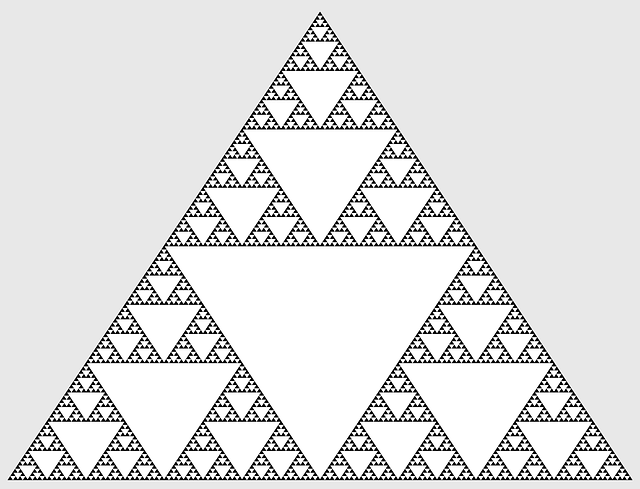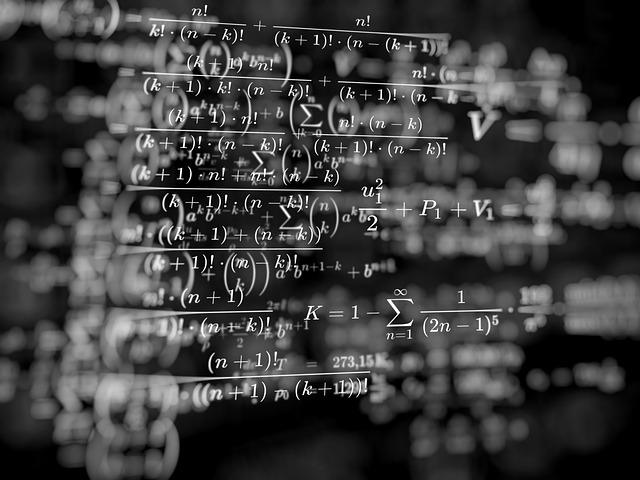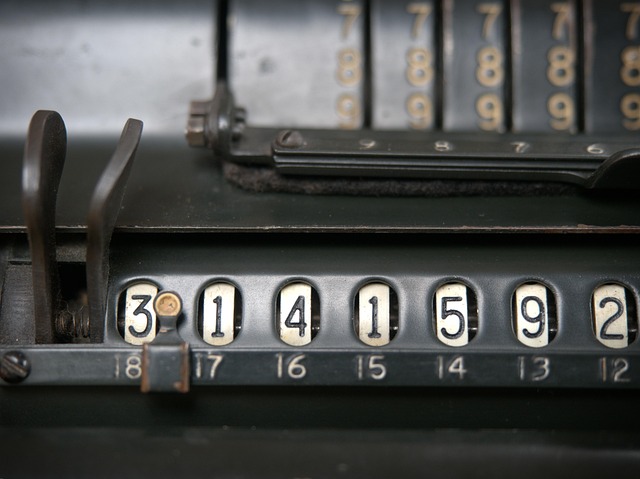The Math of Online Casinos centers on House Edge, a fixed percentage (e.g., 3% for slot machines) representing casinos' expected profit margin over time. This edge is embedded in games through Random Number Generators (RNGs) and designed rules, ensuring consistent profitability. While players can't alter the math, understanding probabilities and House Edge allows them to make informed decisions: choosing lower-edge games, managing bankrolls wisely, and avoiding common mistakes. This strategic approach combines the thrill of casino games with realistic expectations in a digital landscape.
Unveiling the math behind online casinos offers a fascinating glimpse into the world of gaming. This article delves into the intricate mechanisms that drive casino success, focusing on key concepts like House Edge and probabilities. We explore how random number generators ensure fairness in digital gambling, and uncover the strategic value of game theory for maximizing winnings while minimizing losses. Discover the mathematical principles that underpin the thrill and unpredictability of online casinos, providing a comprehensive guide to understanding the math of online casinos.
- House Edge and Probabilities: Understanding Casino Advantages
- Random Number Generators and Fairness in Online Gaming
- Game Theory Applications: Maximizing Winnings and Minimizing Losses
House Edge and Probabilities: Understanding Casino Advantages

The Math of Online Casinos revolves around the concept of House Edge, a critical factor that determines the casino’s advantage over players. It represents the average amount the house is expected to win on each bet placed over time, expressed as a percentage. For example, a slot machine with a 3% House Edge means for every $100 wagered, the casino can expect to keep an additional $3 after all payouts are made. This edge is built into the games through random number generators and carefully designed rules, ensuring the casino consistently profits in the long run.
Understanding probabilities and House Edge is crucial when navigating the world of online casinos. While players cannot change the inherent mathematics, they can make informed decisions to mitigate risks. By choosing games with lower House Edges, managing their bankroll effectively, and avoiding common gambling mistakes, players can increase their chances of leaving a session with positive outcomes. This strategic approach allows them to enjoy the thrill of casino games while keeping their expectations realistic in the digital gaming landscape.
Random Number Generators and Fairness in Online Gaming

In the math of online casinos, Random Number Generators (RNGs) play a pivotal role in ensuring fairness for players worldwide. These algorithms are designed to produce unpredictable sequences of numbers, eliminating any potential for manipulation or bias. Every online casino game, from slots to blackjack, relies on RNGs to shuffle and generate outcomes independently with each spin or deal. This ensures that every player has an equal chance of winning, creating a level playing field.
The fairness provided by RNGs is further bolstered by regular audits and testing conducted by independent third-party organizations. These audits verify the randomness and integrity of the generated numbers, ensuring compliance with industry standards. Such measures are crucial for maintaining trust in online gaming, as players can be assured that the games they play are fair and honest, just as they would expect from a traditional land-based casino.
Game Theory Applications: Maximizing Winnings and Minimizing Losses

The math of online casinos is a fascinating intersection of probability, statistics, and strategic thinking. Game theory plays a pivotal role in this domain, offering players powerful tools to maximize winnings and minimize losses. By studying game theory applications, individuals can gain insights into the behavior of both themselves and the house, allowing them to make more informed decisions at the casino table or while playing online. This approach involves understanding the concepts of equilibrium, where optimal strategies for all players are reached, ensuring fair play.
For instance, in popular games like blackjack, applying game theory can help players determine when to hit or stand, ensuring they have a better chance of beating the dealer. Similarly, poker enthusiasts use mathematical models and probability calculations to gauge their odds and make strategic moves. These skills translate well to online casino environments where quick decision-making is crucial. Thus, embracing the math behind casino games equips players with an edge, making their experiences more enjoyable and potentially profitable.
The math behind online casinos, often referred to as the “Math of Online Casinos,” is a fascinating interplay of probabilities, game theory, and random number generators. By understanding house edge, probability calculations, and strategic applications, players can make informed decisions to maximize their winnings while minimizing losses. Navigating these mathematical concepts equips individuals with valuable insights into the world of online gaming, enabling them to experience both the thrill of casino games and a deeper appreciation for the underlying strategies involved.






